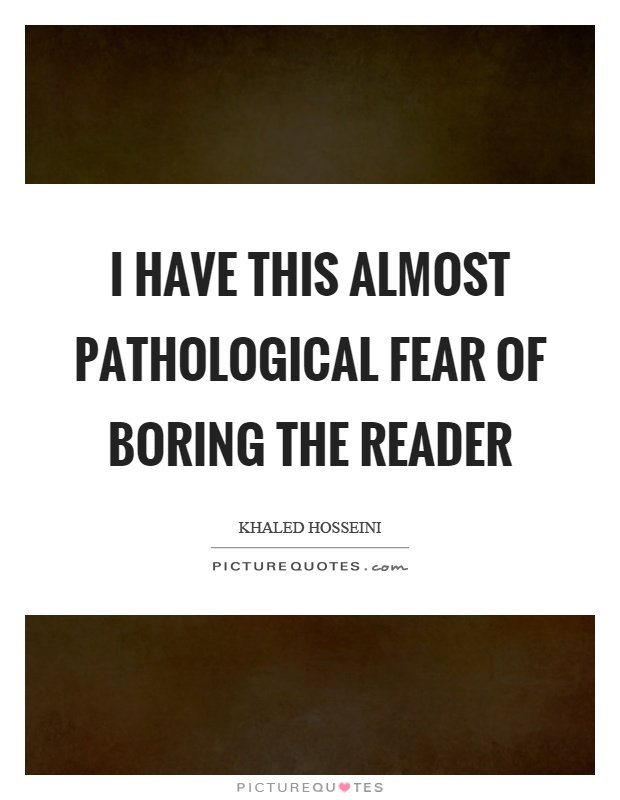

Grohol of Psych Central captured the urgency of FOMO when he defined the social media and psychological phenomena.

It arises from feelings of social exclusion, isolation, or anxiety and can be so intense that people will abandon what they’re doing to join or consume a fleeting moment on social media. In short, FOMO is the anxiety or motivation social media users feel when they want to belong to some group, event, or even a moment that others are posting about. Social media users have the perfect tools to highlight fabricated, exaggerated, or falsified representations of their lives on their online profiles, which makes it easy for other users to envy them. With the rise in social media, the psychology of FOMO is gaining a lot more traction in scholarly conversations because of its power to dominate the mental health of those on the outside looking in. The social media phenomenon is known as the fear of missing out, or FOMO. It’s a strange and utterly empty feeling, and it’s becoming increasingly more common among social media users. The emotions are hard to describe, but it feels like a weird combination of exclusion, self-loathing, and envy. As you scroll through countless stories of your friends doing fun and impressive things, your restlessness continues to build and build. Another has recorded a beach sunset saturated with beautiful pastels. You see a friend has uploaded pictures of an elaborate dinner at a Hibachi grill. You want to wind down after a long day by casually browsing your Instagram or Facebook feed when you’re overcome by an all-too-familiar sensation. Don't get into arguments with her about it, just assert that you heard different and move on.It’s getting later in the evening, but you’re feeling restless. If she denies or argues, just ignore it and move on with the conversation. My preferred way to do this is to say "I heard you say X instead earlier, so I thought that." Saying "I heard" instead of "you said" gives her deniability, while also acknowledging that you were functioning off different information. You can just acknowledge the contradiction and move on, without making a judgement on it, or really stopping on it. But there is no point doubting yourself either. There isn't any point trying to get someone to admit they lied. If someone criticizes you, or doesn't like you, well you weren't telling the truth anyway. Sometimes children with difficult lives develop the habit of chronic lying as a way to shield themselves from the world. It is particularly difficult because they often lie about things that don't seem to matter, or don't benefit them in any way. It's not in the DSM 5 as a diagnosis yet, but they're considering adding it. TLDR: My friend seems to believe her own lies and I don't know what to doĬompulsive lying is a thing. I don't know what's going on? Does anyone have any advice? I have at times doubted myself but I've not had memory or comprehension issues with anyone else, be it friends or family. It's disorientating and when I challenge her on the lies, she gets defensive. When I asked why she changed her mind, she asked what I meant and that she's told me all along that she's not going abroad this year. Then suddenly one day she said that she's not going abroad this year. Last month she said that she's going abroad for a week and kept repeating this. However, suddenly, she started telling me that she's told me all evening that her report was mostly normal and I must have not been listening carefully. On the phone and later in person she said that her reports were not shared with her and she has to wait. To make things worse, her lies have been about more serious things in recent months.Ī few days ago, she said she was going to the doctor to get her blood results since she hadn't heard anything. However, there's something odd about her lies in that she genuinely seems to believe them. She's always had an issue with lying but is not a malicious person and is a very caring and thoughtful person. My close friend (30F) and I (30F) have been friends for years.


 0 kommentar(er)
0 kommentar(er)
